By Daily Sports on June 13, 2017

Nigeria’s Super Eagles have got off to yet another laborious start in the AFCON qualifiers by losing shockingly 0-2 at home to South Africa. It’s a result that has burst the bubble of excitement that, had until Saturday, been hovering around the Super Eagles since German coach Gernot Rohr took charge in his first game in a heartwarming 2-1 away win against Zambia last year.
Good old football, the curious chameleon that it is and can induce in the minds of followers of the tricky game. At a time when Rohr is seemingly leading a revolution in the national team with invitations of players looking more like they are based on current form, Algeria and Mahrez shut out in Uyo in the second round of the world cup qualifiers, team unity on the up and loud squabbles between the FA and players over money dwindling, Rohr was looking like an expert stabiliser and manager of men. But now, an unwanted tag has hung on his head as the first Nigerian coach to lose a competitive match to the noisy neighbors that South Africa have become.
Suddenly questions over the tactical soundness of Rohr have resurfaced. The manner in which the Eagles were outfought, outplayed and toyed with by the South Africans in front of thousands of Nigerian fans at the stadium and for the whole world watching on television to see is enough to produce serious worry. Never in the history of Nigerian football have the Eagles been so teased and tamed by an African foe in the Nigerian backyard.
The Eagles evinced every poor on-pitch characteristics they've come to be associated with in the post-Westerhof era. They were slow, tactically unbalanced and boringly route one in their approach to the game, while South Africa exuded compactness, skill, robust interchange passing football, bamboozling Nigerian defenders at will in the second half.
The South Africans should have won by more. They hit the post twice, had other near misses and, had the referee been fairer, they should have had a penalty after a Nigerian defender clearly impeded a goal bound move by holding a South African attacker.
Why Rohr opted for a very flat defensive midfield composed of three non-ball creative specialists in Oghenekaro Etebo, Wilfred Ndidi and Ogenyi Onazi beats the imagination, but opting to make like-for-like attacking substitutions when Nigeria were 0-1 down and needing more attacking impetus was even more surprising. More radical substitutions would have seen a defensive minded player or two taken off for more offensive legs.
Whatever were the tactical mistakes on that day however should not mask the remote causes of the present quagmire Rohr is finding himself in, in trying to mold a more entertaining and winning Super Eagles.
Blending of players has been a recurring theme when discussing the Nigerian senior team and the lack of cohesion in the Eagles play can be traced to the assemblage of professional players who ply their trades in all corners of the world and who only have a few days to get to be with each other in the national camp. The coaches usually have only a few days to try out some tactical plans they dream about and when it doesn’t work, it is painful in the eye to watch the team play.
This problem is one that should have been addressed to a good extent by a well-functioning local league where the best of Nigerian stars would be playing and having more time to build an entertaining and winning style of play. When one looks at countries that usually do well in the world of soccer today, the benefits of having their players in a dominant club or two in their domestic leagues cannot be overstated in the area of helping their national coaches to streamline their tactical approach to one mirroring the players duties in these big clubs more seamlessly.
Spain won two European championships in recent years and won the South Africa 2010 world cup adopting a system of play based on the successful tiki-taka football of Barcelona as adopted successfully by their then coach Pep Guardiola. The German national team have had the benefit of seeing most of their top players turn for Bayern Munich and Borrusia Dortmund week in, week out.
The South African team that ran rings around Nigeria on Saturday was made up mostly of players in their local league. Being so close to most of the lads and seeing them play everyday in their clubs would always give coach Stuart Baxter quicker ideas about how to build a solid and enterprising side. And thrilling they really look in their style of football. One would have to be a huge Nigerian chauvinist to argue that Nigeria’s Super Eagles play a more pleasing brand of football than South Africa at the moment.
The Bafana Bafana have players who play regularly for their local clubs and this ensures they are match fit because of the competitive nature of the games. Unfortunately for Nigeria, many of the professional players are not regulars in their foreign clubs and their talents are simply not enough to make up for lack of competitive game time when they turn up for national duties.
Looking at the technical level of the South African players and comparing them with the Super Eagles player for player, it’s hard to argue that the Nigerians are better. Nigerian fans and media love to highly rate Nigerian players playing overseas but there’s a danger that this high regard is slipping into the territory of overrating. The reality is that the rest of Africa have caught up in the area of producing highly skilled technical artistes of the round leather and there’s no more proof of that than in Nigeria’s struggles to qualify for the African nations cup in recent times.
It’s not a new argument to point out that a true rebirth or revolution in Nigerian football has to start with the organisation of domestic football to reach the standards of, if not Europe, but, at least South Africa. While there are marginal improvements, there's still so much to do. The Nigeria premier league is still riddled with funding issues as some clubs struggle to fulfill their contract agreements with players and many good youngsters still highly desiring to leave for Europe or anywhere else for better pay.
Until Nigeria can have a strong enough league to keep good players competitive and ensure that if players are to leave for Europe then it would only be for the very best of deals that would guarantee their playing competitive games regularly, the senior national team will continue to struggle with creating an entertaining and winning style of football.
Source Daily Sports
Posted June 13, 2017
You may also like...

Bolt swiches to football, to make Man U...

Messi Already Deserves the Next Ballon d’Or —...

Mike Brown To Lead D’Tigers To Afrobasket In...
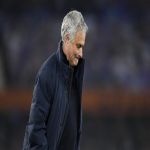
Mourinho Set To Miss Out On Full £30M...

Arsenal Rekindle European Hopes With Win At Leicester...

Suarez Pulling Back From Juventus Talks

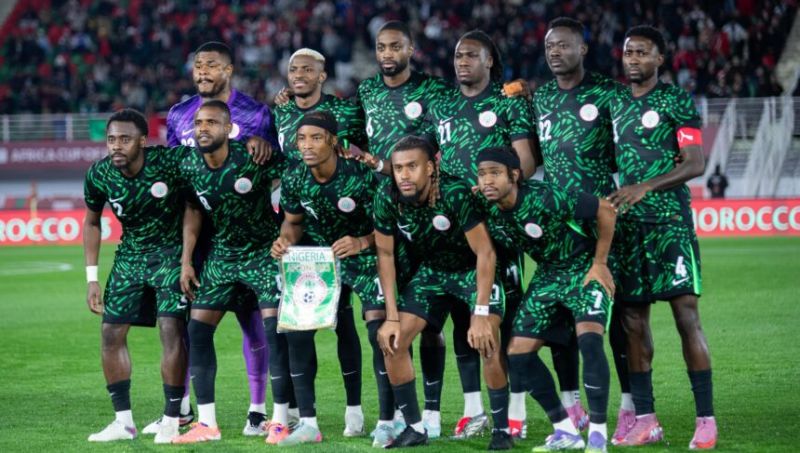 NOC's Gumel hails Super Eagles' Triumph of Character, Transformation to secure AFCON bronze medal
NOC's Gumel hails Super Eagles' Triumph of Character, Transformation to secure AFCON bronze medal 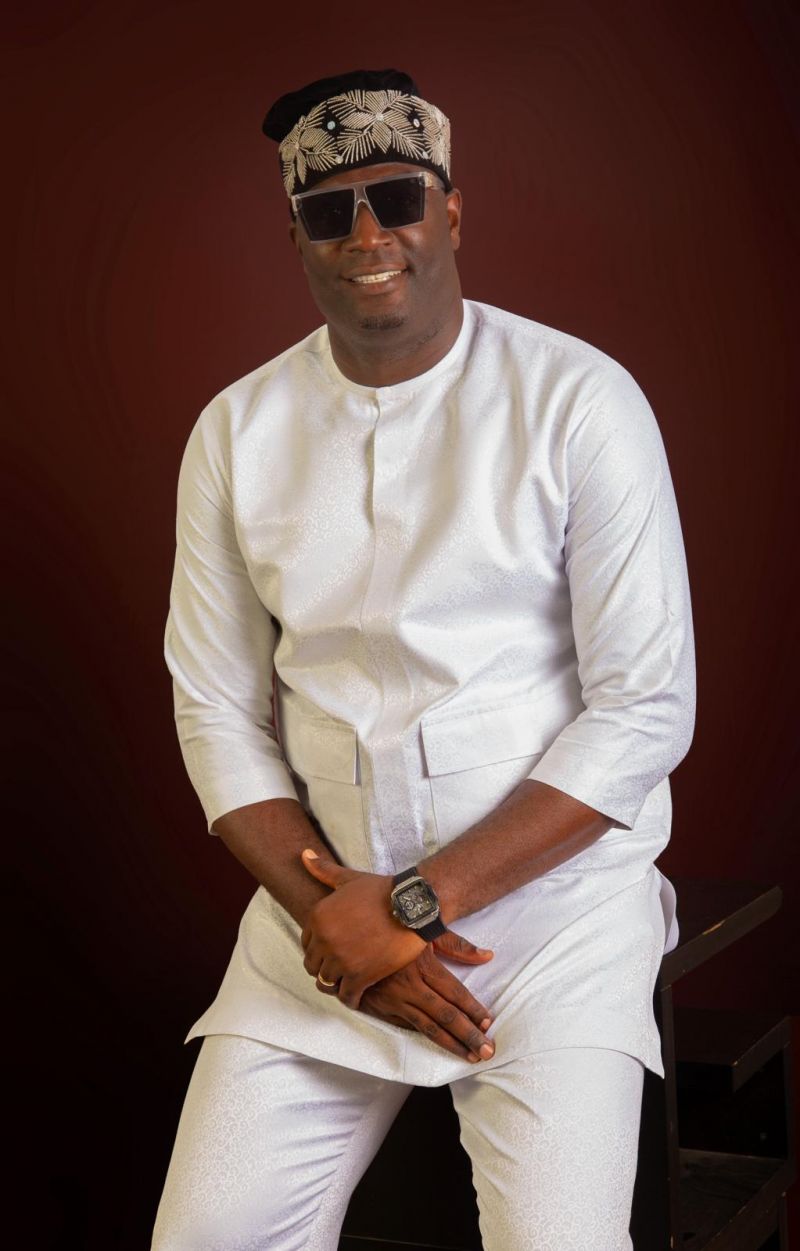 Significant milestone as Nigeria's Gumel welcomes Oyedeji into IOC
Significant milestone as Nigeria's Gumel welcomes Oyedeji into IOC AFCON 2025 Final: CAF Referees' Committee On Trial
AFCON 2025 Final: CAF Referees' Committee On Trial 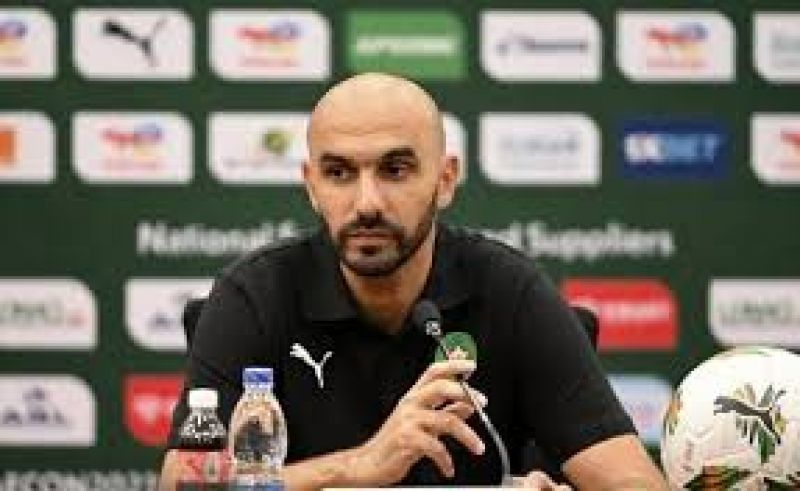 Regragui slams referee for poor final officiating
Regragui slams referee for poor final officiating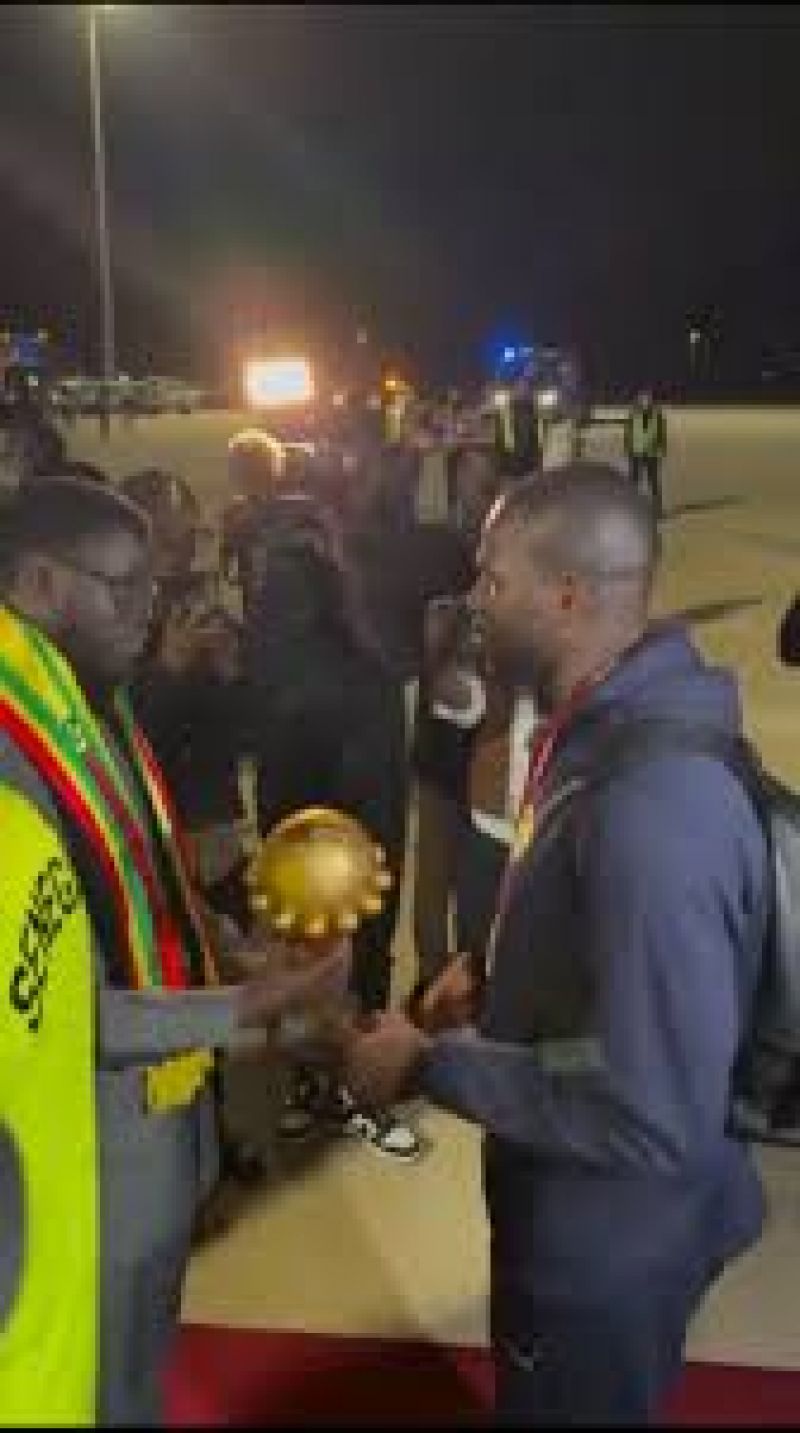 Senegal team returns home, presents AFCON trophy to President
Senegal team returns home, presents AFCON trophy to President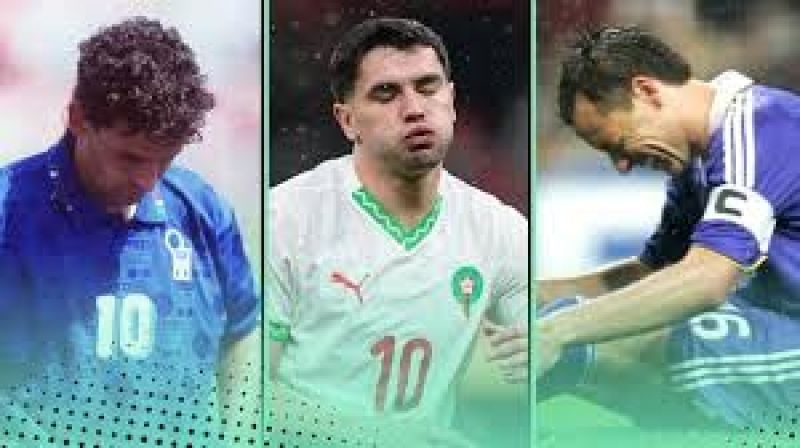 FULL LIST: 10 players who missed crucial penalties on football's biggest stages
FULL LIST: 10 players who missed crucial penalties on football's biggest stages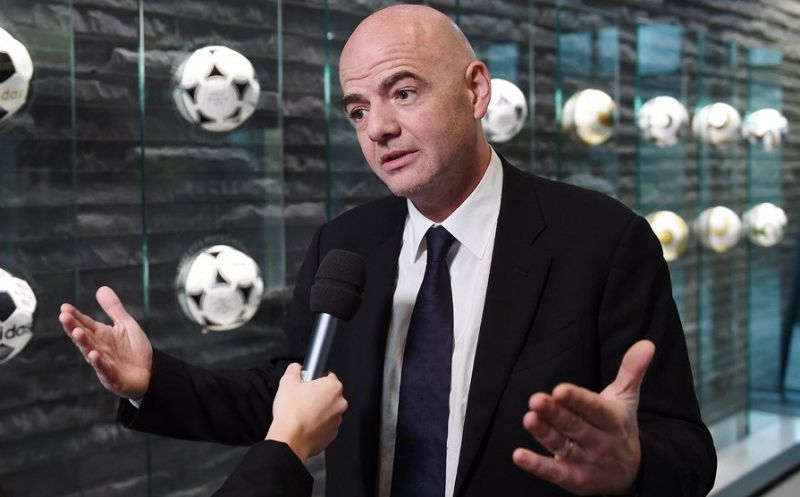 ‘We witnessed unacceptable, ugly scenes’ - FIFA slams Senegal, praises Morocco over AFCON 2025 final
‘We witnessed unacceptable, ugly scenes’ - FIFA slams Senegal, praises Morocco over AFCON 2025 final_1.jpeg) What Super Eagles And Others Received From 2025 AFCON Prize Pool
What Super Eagles And Others Received From 2025 AFCON Prize Pool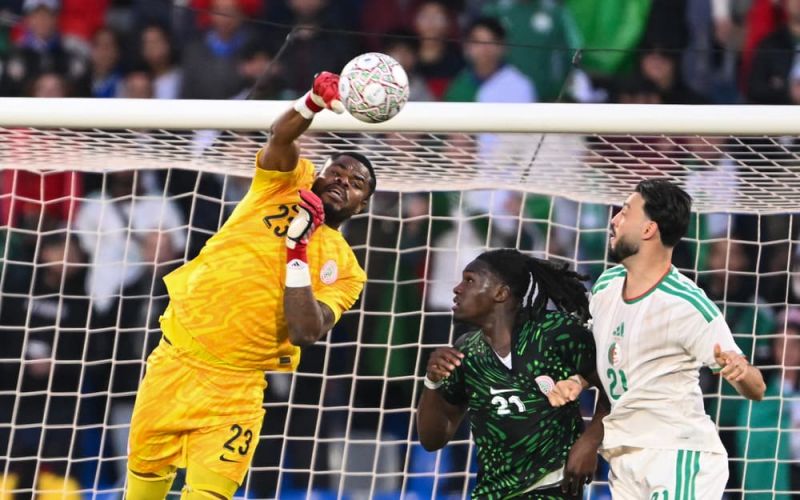 Calvin Bassey, Nwabali selected for 2025 AFCON Best XI
Calvin Bassey, Nwabali selected for 2025 AFCON Best XI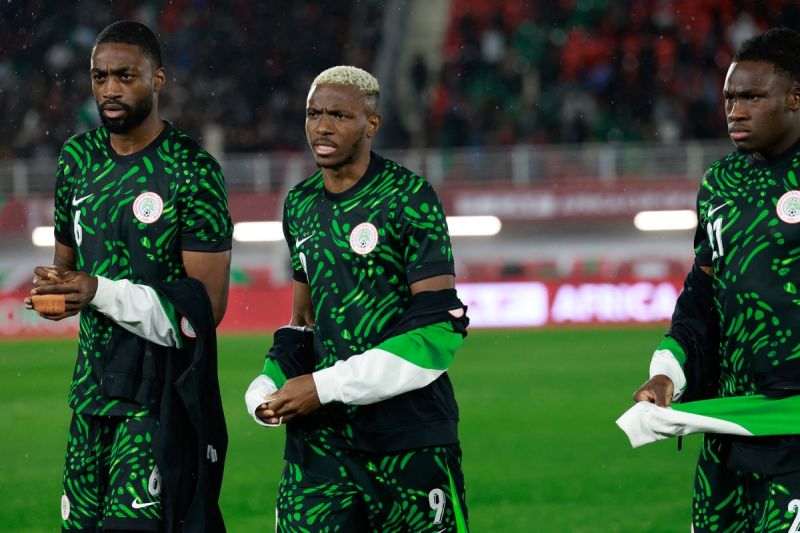 Super Eagles enjoy big jump in FIFA Ranking after 2025 AFCON run
Super Eagles enjoy big jump in FIFA Ranking after 2025 AFCON run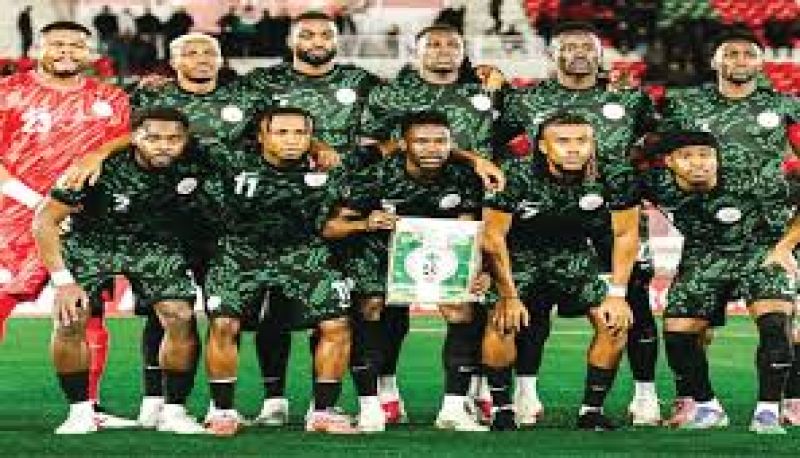 Ogbu hails current Eagles as Nigeria’s greatest
Ogbu hails current Eagles as Nigeria’s greatest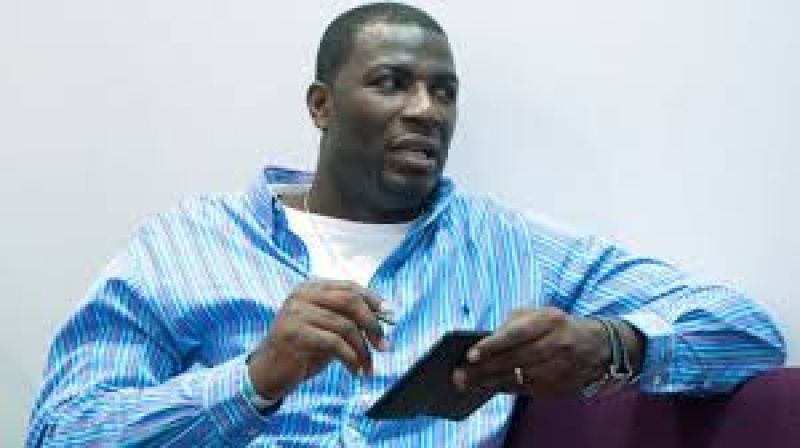 Ahmedu backs Oyedeji to steady Nigerian basketball
Ahmedu backs Oyedeji to steady Nigerian basketball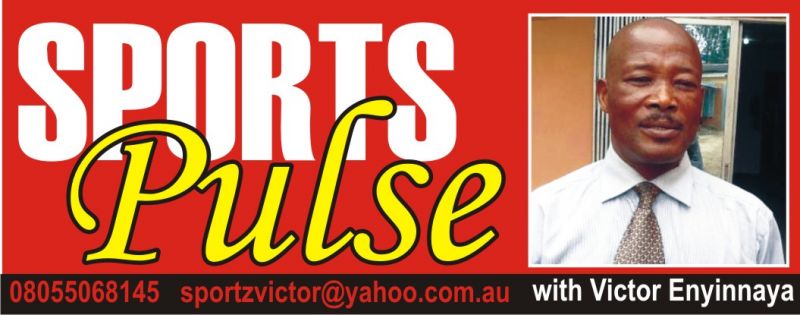 Rangers International going, going . . . (63,484 views)
Rangers International going, going . . . (63,484 views)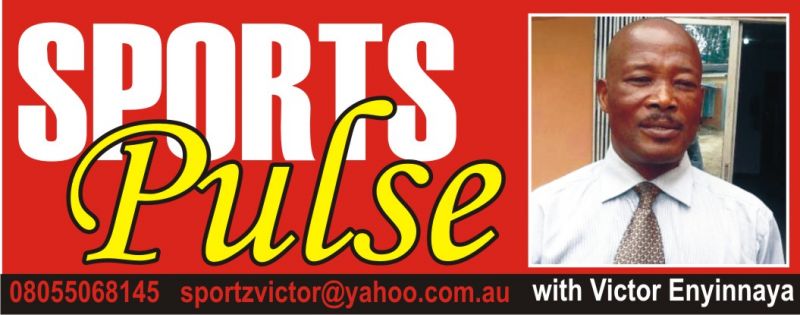 Amaju Pinnick: A cat with nine lives (54,777 views)
Amaju Pinnick: A cat with nine lives (54,777 views) Second Term: Amaju Pinnick, Other NFF Heavyweights Home to Roost •How Pinnick Broke the Jinx (52,672 views)
Second Term: Amaju Pinnick, Other NFF Heavyweights Home to Roost •How Pinnick Broke the Jinx (52,672 views)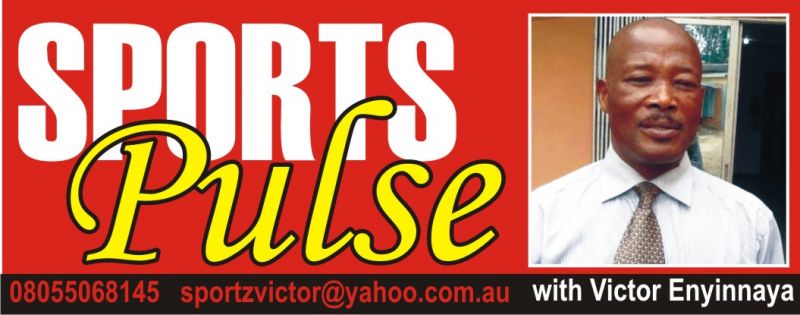 Current issues in Nigerian sports: Matters arising (52,339 views)
Current issues in Nigerian sports: Matters arising (52,339 views)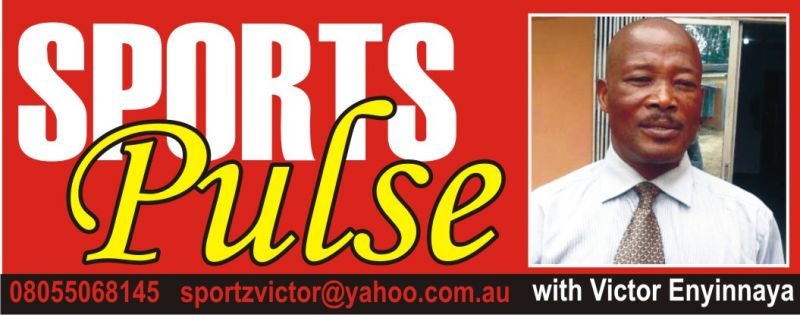 Sports Development: Zenith Bank on the zenith (52,266 views)
Sports Development: Zenith Bank on the zenith (52,266 views)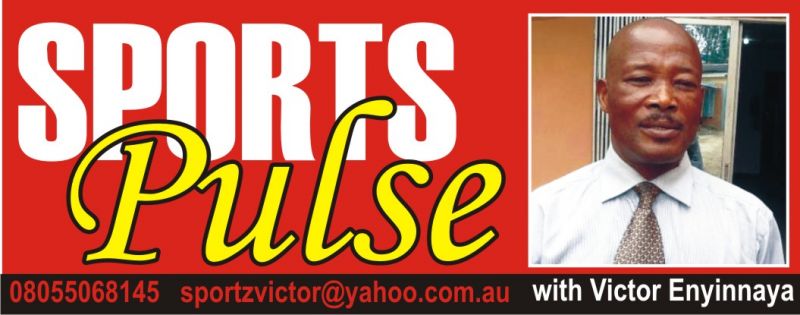 Missing $150,000 IAAF Grant: Solomon Dalung’s Hide and Seek game (52,176 views)
Missing $150,000 IAAF Grant: Solomon Dalung’s Hide and Seek game (52,176 views)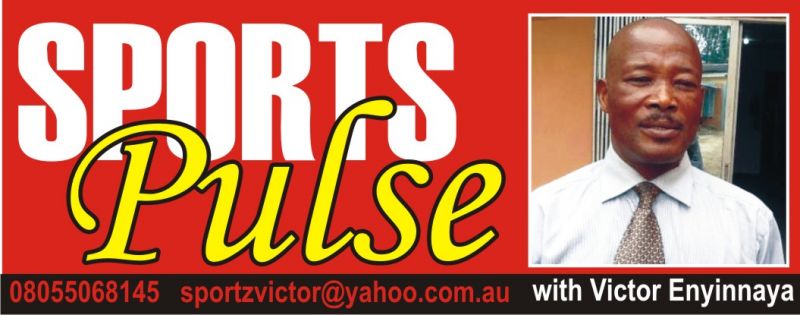 Gov. Abdullahi Ganduje’s solid footprints, commitment to sports development in Kano State (52,044 views)
Gov. Abdullahi Ganduje’s solid footprints, commitment to sports development in Kano State (52,044 views) NFF Presidency: Pinnick, Maigari, Ogunjobi, Okoye in Battle for Supremacy (51,600 views)
NFF Presidency: Pinnick, Maigari, Ogunjobi, Okoye in Battle for Supremacy (51,600 views)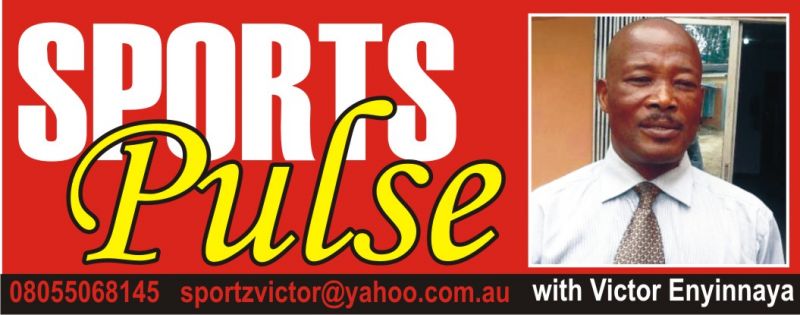 Olopade, BET9A wave of revolution in NNL (50,776 views)
Olopade, BET9A wave of revolution in NNL (50,776 views)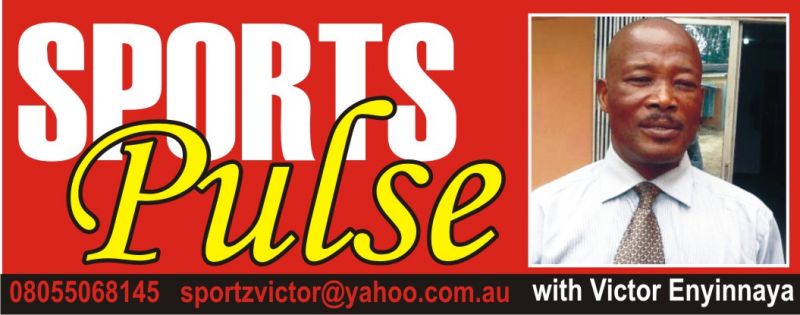 Commonwealth Games 2018: Shame of Muhammadu Buhari, Solomon Dalung (49,305 views)
Commonwealth Games 2018: Shame of Muhammadu Buhari, Solomon Dalung (49,305 views)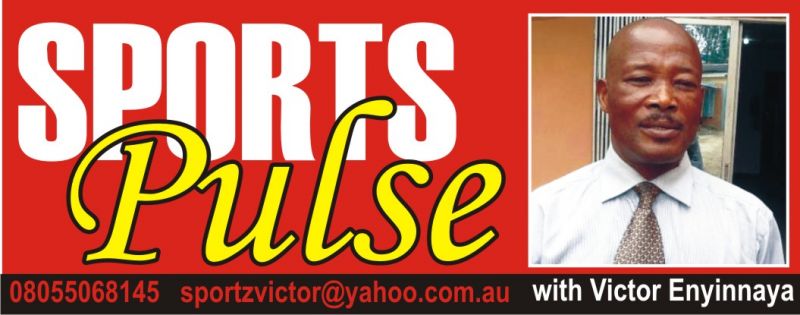 Ibrahimovic’s Man U exit: Whose decision is it? And in whose interest? (47,694 views)
Ibrahimovic’s Man U exit: Whose decision is it? And in whose interest? (47,694 views)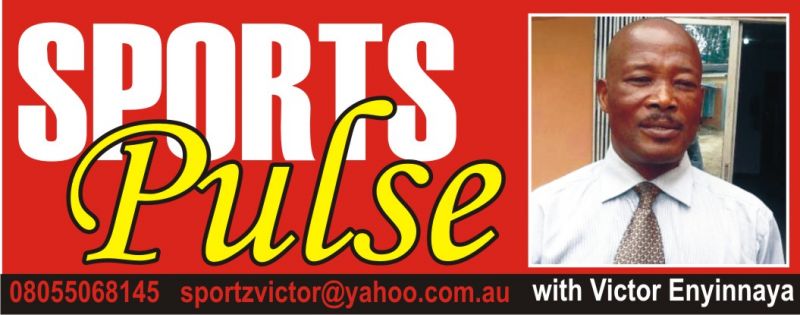 John Mikel Obi: Segun Odegbami’s Outrageous Call! (47,165 views)
John Mikel Obi: Segun Odegbami’s Outrageous Call! (47,165 views)